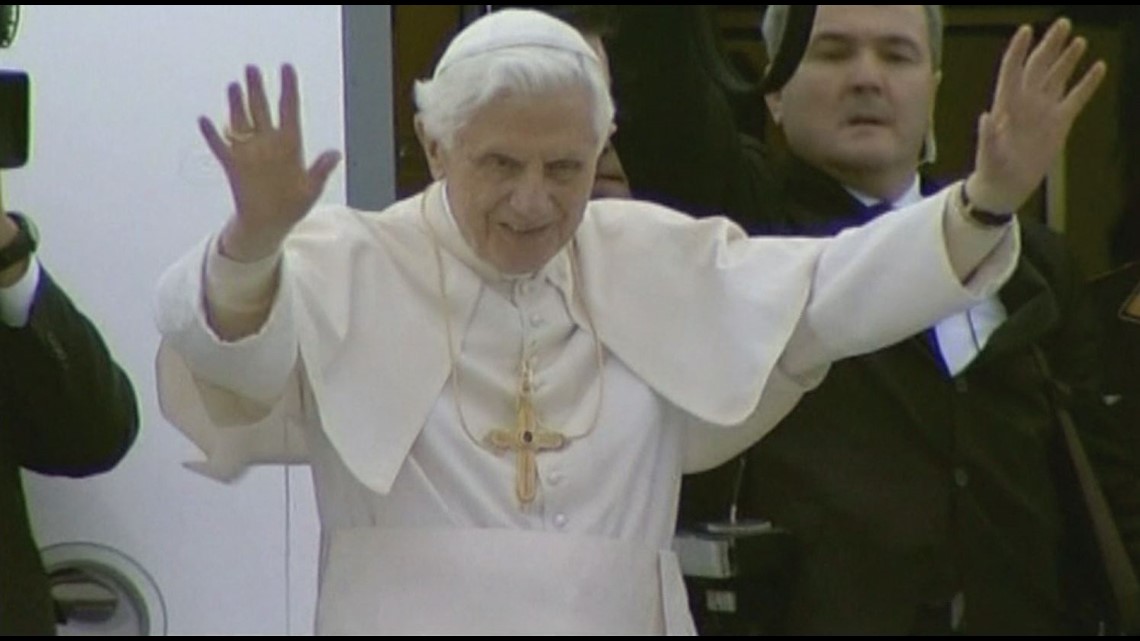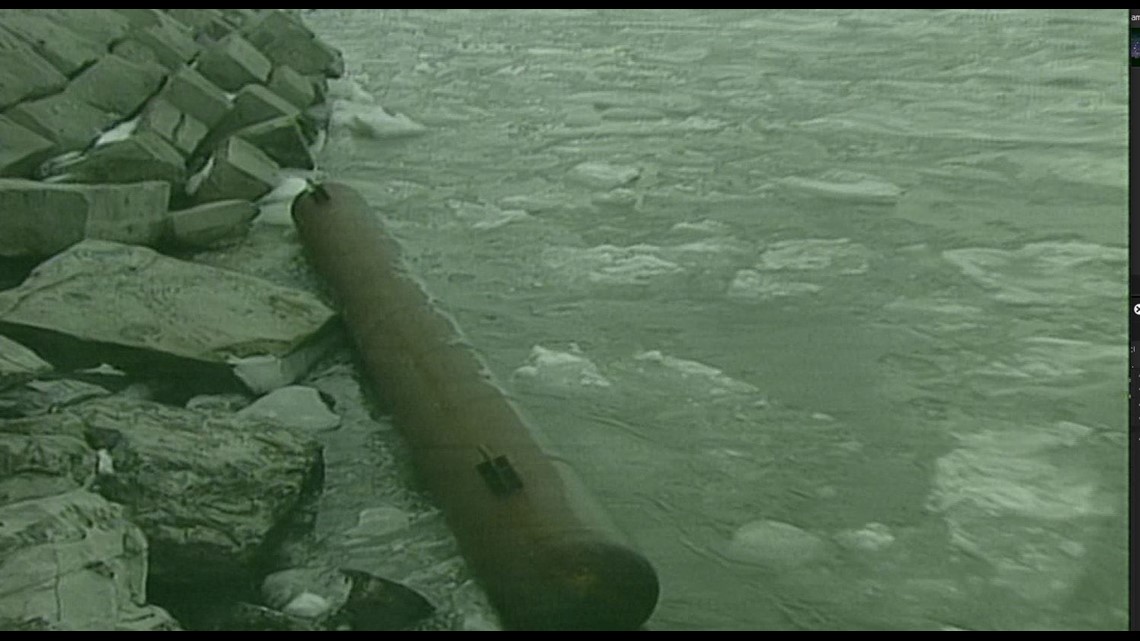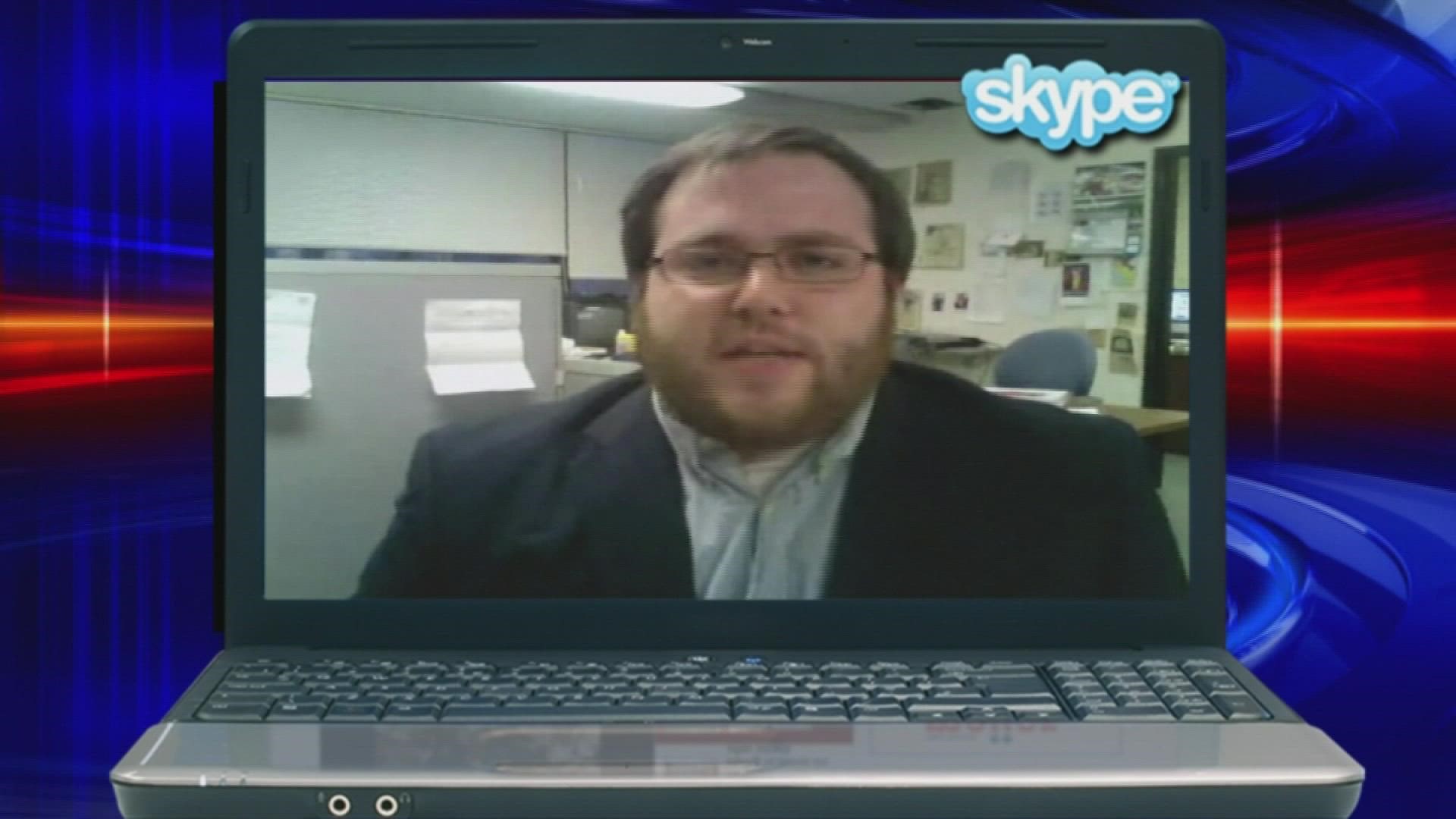BUFFALO, N.Y. — Ten Years ago this week in 2013
Pope Benedict XVI became the first pontiff in 700 years to announce plans to resign the papacy, which is traditionally a role served until one’s death.
Frail health was a reason cited for Benedict’s decision. However, he went on to live for nearly another decade until he recently passed away on December 31, 2022 at the age of 95.
That same week the US Postal Service announced a plan to scale back to five-day-a-week deliveries, to cut costs. Congress rejected the plan, which is why you still get mail on Saturdays as you did this week, in 2013.


20 Years ago this week in 2003
Twenty years ago this week, when the current Governor of New York Kathy Hochul was serving as a member of the Hamburg Town Board, a great wind storm struck Buffalo making it hard to walk and hard to drive, as the operator of a semi-truck learned the hard way when trying to cross the Ohio Street Bridge and had his rig flipped by a strong gust.


But one of the biggest impacts was on Buffalo’s ice boom and resulted in one of the most unusual events in its history.
The fierce winds drove the ice pack that had formed on Lake Erie, which the boom was designed to hold back from the mouth of the Niagara River, with such force that the boom was torn apart.
Pieces of it were recovered at various distances downstream between Buffalo and Niagara Falls on both the U.S. and Canadian sides of the river.


The nation's terror alert was escalated to "high" amid rising tension with Iraq, and suddenly it wasn't uncommon to see cops on streets with machine guns, and vehicle pulling into the buffalo airport being inspected for possible bombs.
And, though smallpox had been eradicated in 1977, amid fears Iraq held stocks of the virus and could unleash it in a bio terrorism attack, the U.S. began to roll out a program for civilian inoculations.
In a plan which sounded like the one launched in late 2020 for COVID-19 shots, the first to receive them would be first responders and healthcare workers.
However, unlike in 2020, it was entirely up to those emergency and medical professionals to decide whether they would be vaccinated, and many of them did not plan to roll up their sleeves.
“It's purely a medical risk benefit issue and we came down on side of the issue, given the current state of the knowledge, we're not going to vaccinate at this time," said one doctor.
And none of them were forced to get it, and none of them were fired if they didn't, this week in 2003.
30 Years Ago this week in 1993


Thirty years ago this week Bill Clinton, just less than a month into his presidency, stood in the White House rose garden for a ceremony where he signed the first major piece of legislation to be passed as part of his administration’s domestic agenda.
Noting it was a follow up to his campaign promise to “put people first”, the President remarked, “I am very proud that first bill I have to sign as president puts people first."
This week’s News 2 You pop Quiz: What was the first major bill the Clinton administration got passed, and which the president eagerly signed this week in 1993? (For the answer, see the note below)
The City of Buffalo conducted its first ever gun amnesty program, where people who brought in firearms were given up to $40 per weapon turned in with no questions asked.
Though gun amnesty or gun “buyback” programs are still quite common today, the initial one experienced some unusual problems.
For one thing, the program which was scheduled to occur over ten days was interrupted after just two days when it ran out of money, after an unanticipated number of participants showed up.
This led to another issue where gun dealers and collectors began showing up and offering those standing in line a chance to sell their weapons to them instead, without having to wait.
Several people took them up on the offer and one gun dealer interviewed boasted of buying three rifles for $40 each, which he knew were easily worth $1,500 each.
As the open air arms dealing continued police weren’t certain they could stop it because it appeared there were no laws (at the time) which were being violated, except is someone was selling handguns for which a permit was required.
Pop Quiz Answer:
Here's the answer to this week's News 2 You Pop Quiz, about the first major bill signed into law by President Clinton.
It was the Family Medical Leave Act, which provided certain workers with up to 12 weeks of unpaid, job-protected leave per year.
It was signed by the president 30 years ago this week in 1993, and went into effect six months later. And it was all, News 2 You.

